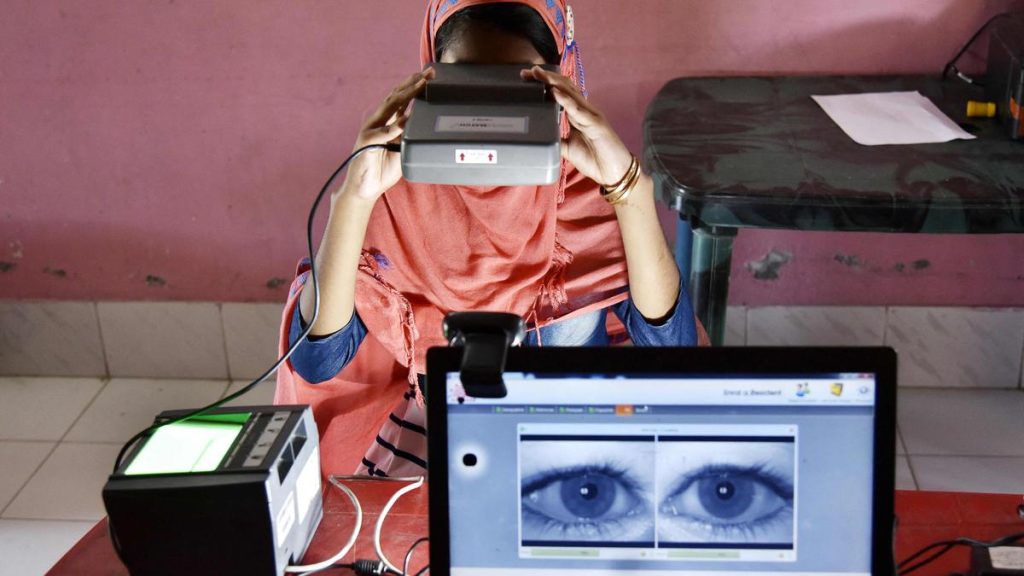Now Reading: Nepal Airlines Repatriates 200 Karnataka Tourists from Kathmandu
-
01
Nepal Airlines Repatriates 200 Karnataka Tourists from Kathmandu
Nepal Airlines Repatriates 200 Karnataka Tourists from Kathmandu

Swift Summary
- Nearly 200 tourists from Karnataka and other parts of India were stranded in Kathmandu for three days after operations at Tribhuvan International Airport were suspended earlier this week.
- On September 11, Nepal Airlines organized a special Airbus A-320 flight to Bengaluru free of cost, helping stranded passengers return home.
- Tourists had faced severe hardships due to the suspension, including overcrowded accommodations, limited access to food, water, and medicines; transport services remained unavailable for days.
- Travellers reported minimal support from the Karnataka goverment during their ordeal but acknowledged that flights arranged by Nepal Airlines provided crucial relief.
- Union government organized flights between Kathmandu and Delhi on September 10-11; though, onward travel arrangements depended on State facilitation.
- Some travellers described extreme congestion inside Kathmandu airport and shared cramped spaces in bars or lodges while waiting for updates.
- Another group of 27 tourists from Bengaluru still stranded in Kathmandu is expected to return via a nepal-based flight on Saturday.
Indian Opinion Analysis
The situation highlights vulnerabilities in managing emergencies affecting citizens abroad. While Nepal Airlines’ intervention was lauded as lifesaving by travelers stuck without essential services or communication channels for days, complaints about insufficient support from state authorities underline the importance of proactive contingency planning during such incidents.
Both Union and Karnataka governments acted to facilitate repatriation efforts but could improve responsiveness during crises that leave citizens vulnerable outside India’s borders. This incident stresses the necessity of robust coordination between state governments and central agencies when leveraging international partnerships like airlines or diplomatic channels.
Moreover, travelers’ recollection of cramped conditions and logistical hurdles underscores how infrastructural choices-such as direct flights-can significantly ease post-crisis recovery efforts for stranded individuals while also lowering overall distress levels involved.
For more details: Read More
























